.
A Blue Origin rocket that flew to the edge of space and back in November 2015 has flown and landed again, a first for any private company and another step toward cheaper access to space.
.
Frams:
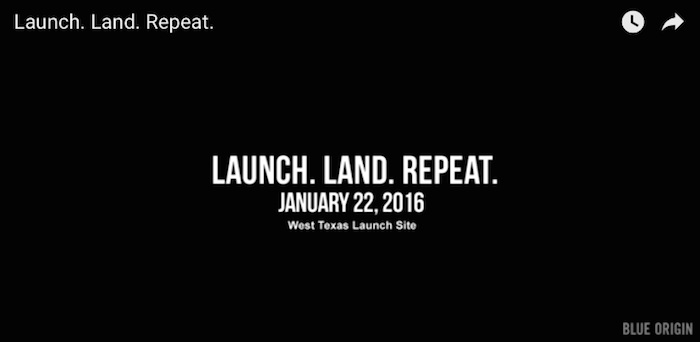
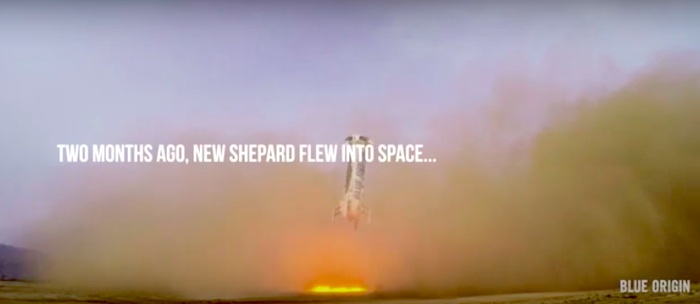
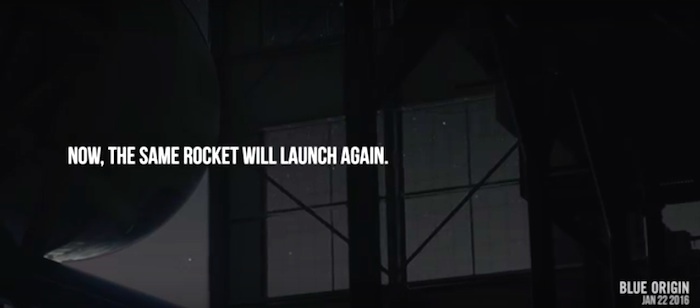
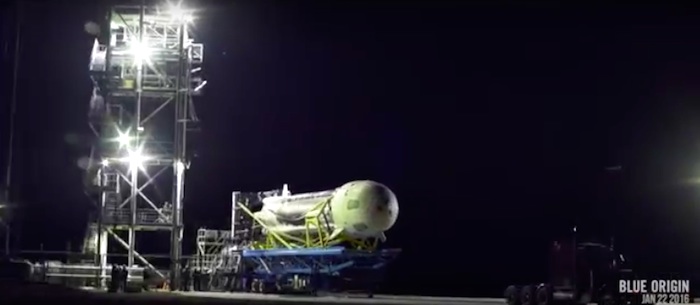

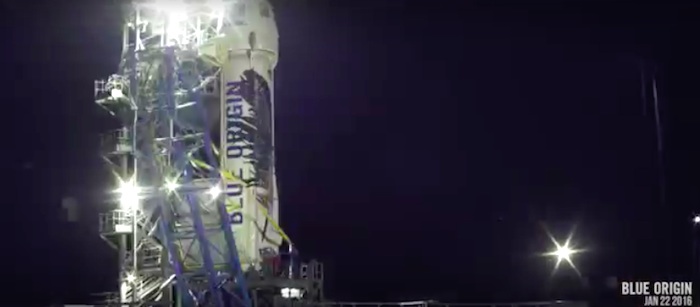

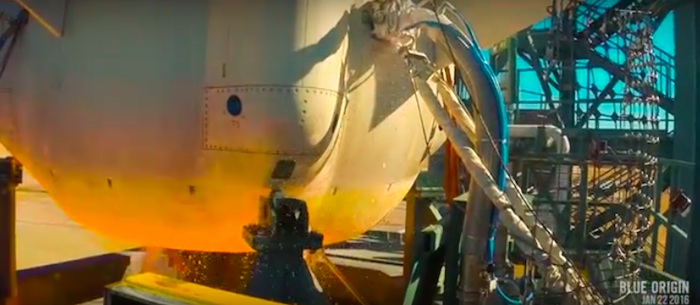
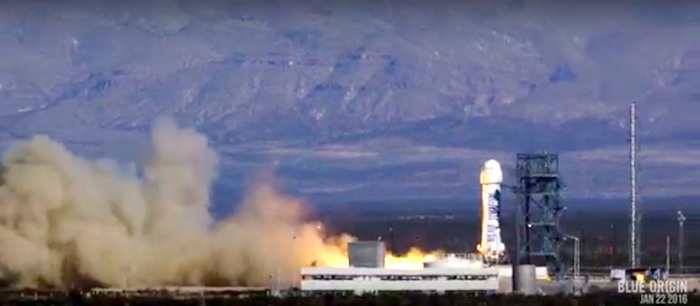
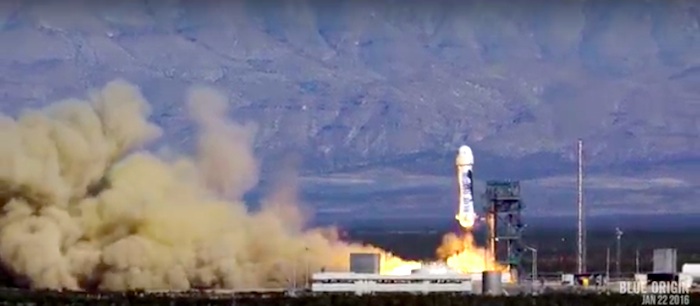
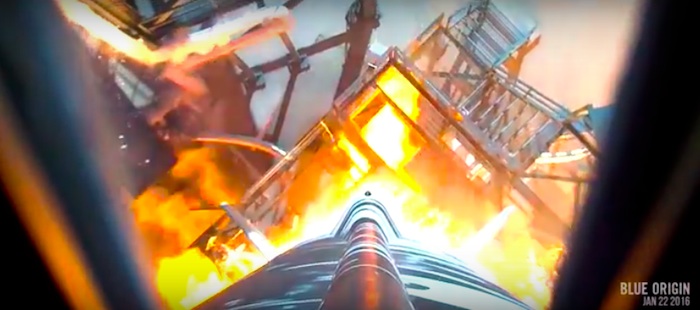
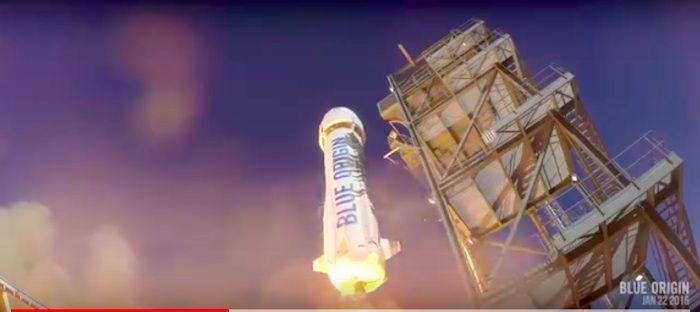
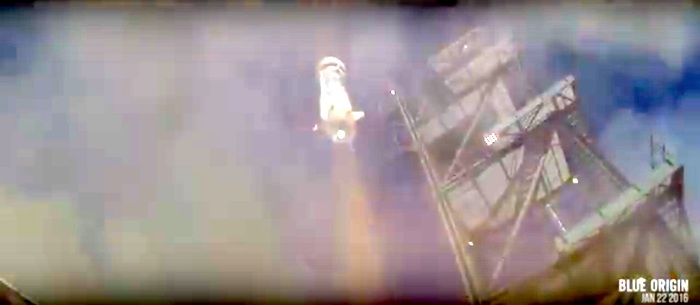
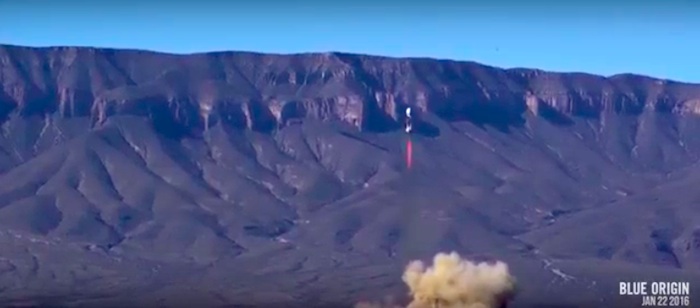
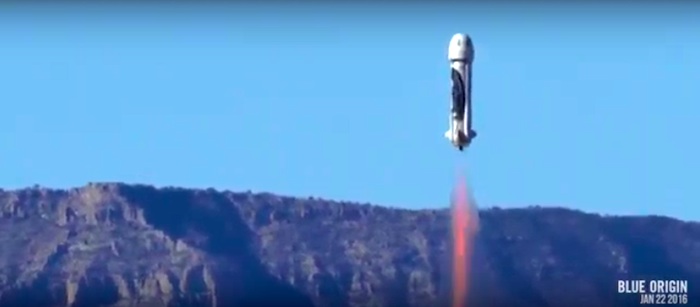
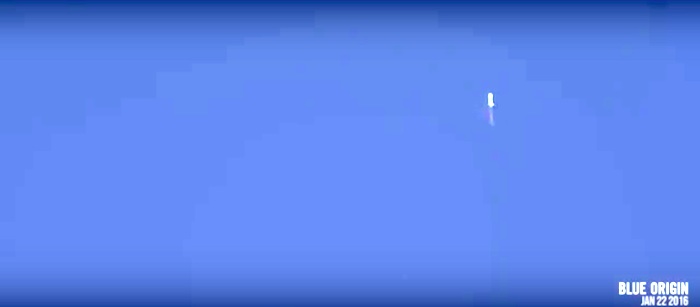
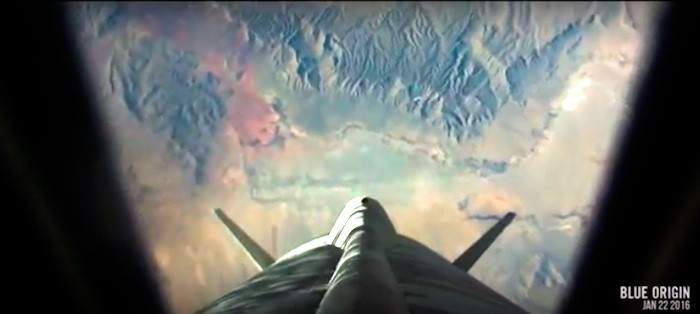
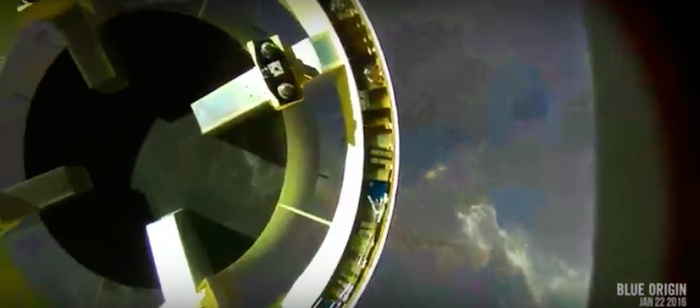
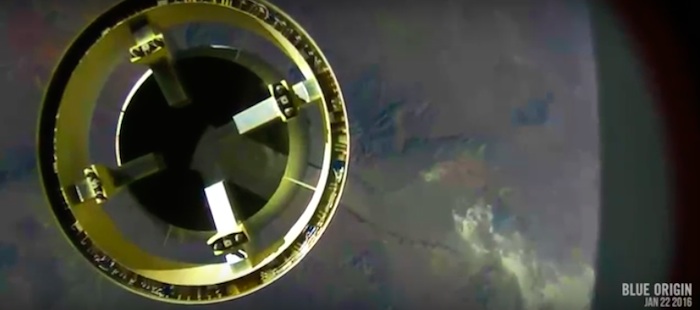
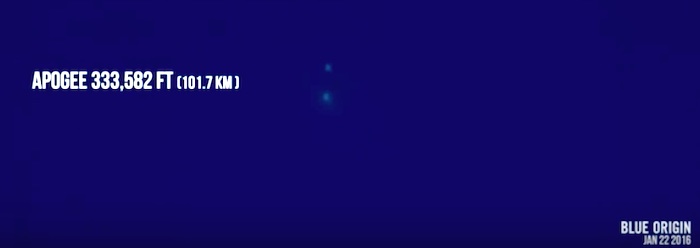
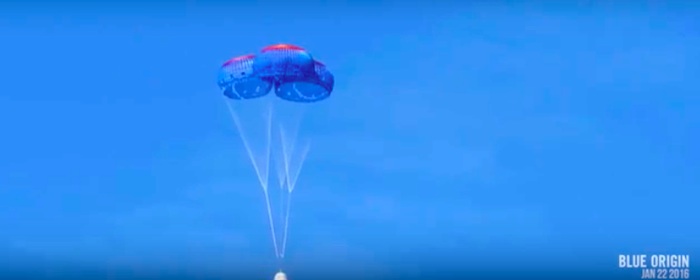

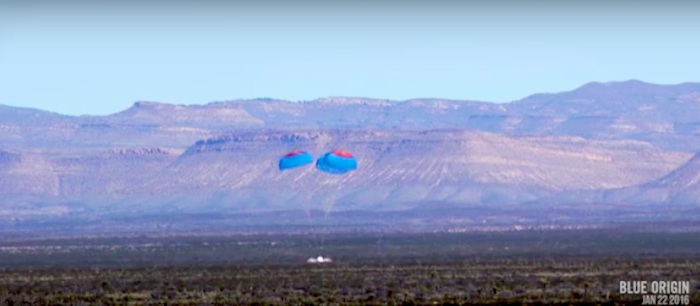
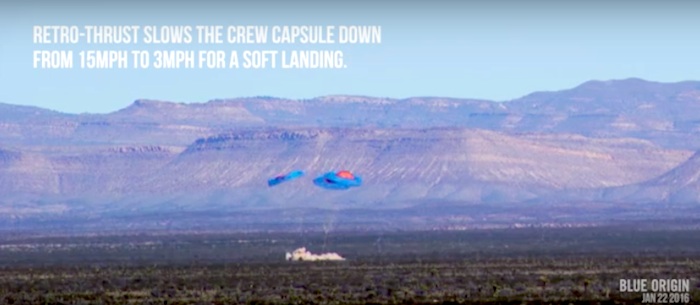
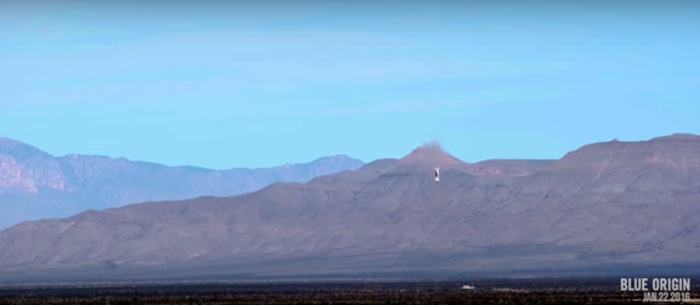
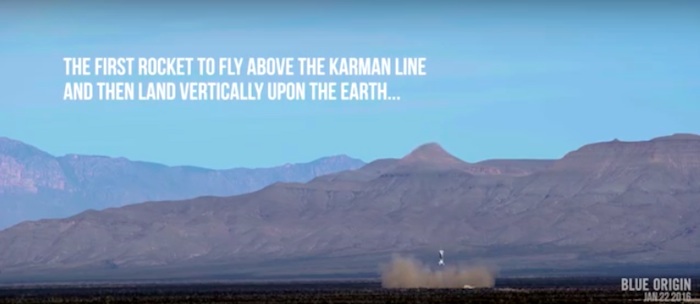
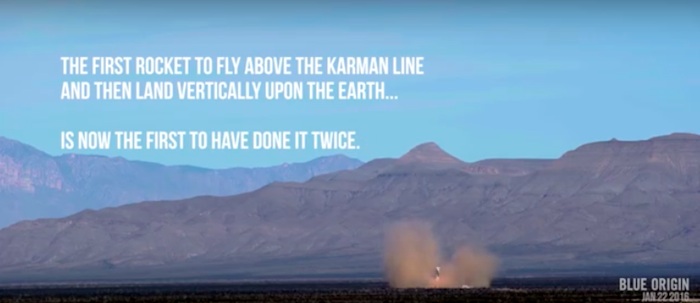

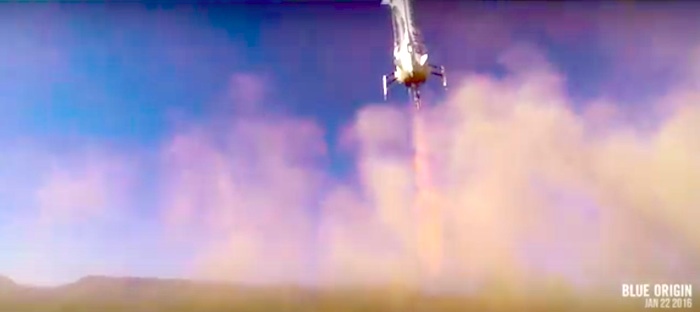
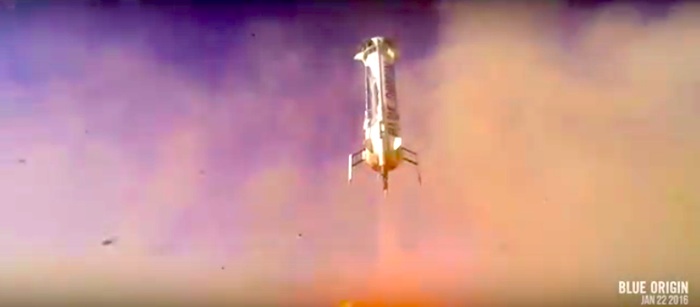
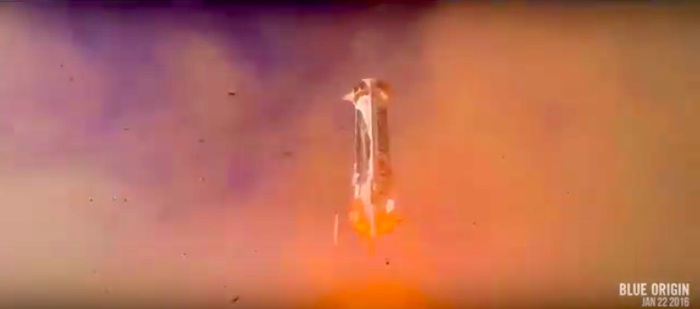
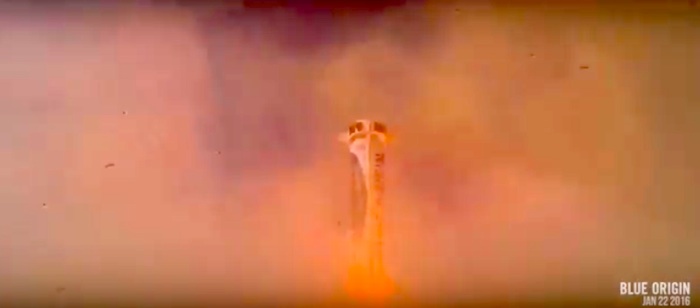
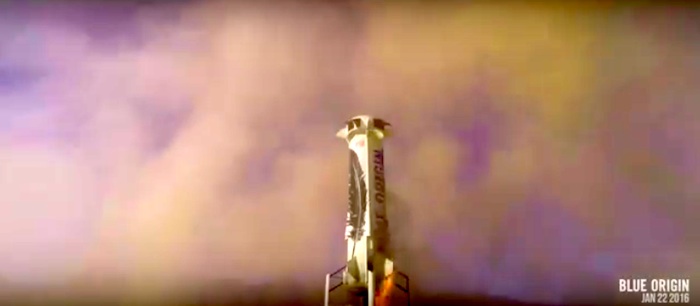
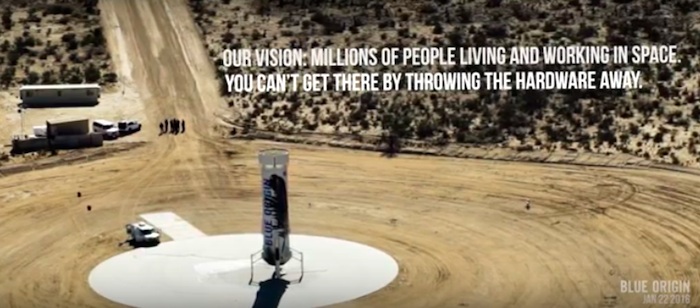
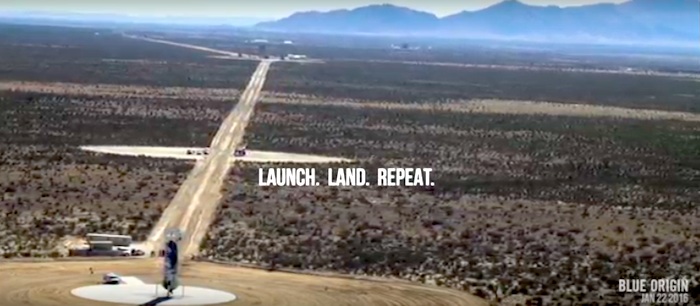

Started by Amazon founder Jeff Bezos in 2000, Blue Origin had little to show for its early decade of work. Its plan to develop a reusable rocket finally took off in 2015: The company flew its New Shepherd rocket for the first time in April, and then became the first private company to land a rocket vertically in November.
Now the company has completed the trifecta by shooting that rocket into space and bringing it back once more.
Blue Origin is one of several companies currently pursuing reusable rockets. Typically, a rocket will be destroyed or cast aside after delivering its cargo to space, but re-using it could cut tens of millions of dollars from the cost of launches, which entrepreneurs believe could open up whole new business models in orbit and beyond.
Bezos’ boasts about his company’s achievements have rubbed his rival in the space biz, SpaceX founder Elon Musk, the wrong way, prompting Twitter spats over the significance of Blue Origin’s accomplishments. Musk hasn’t responded to the latest Blue Origin news, however. Perhaps the beef was truly squashed when Bezos offered kind words after SpaceX’s most recent failed attempt to land one of its Falcon 9 rockets on a sea-going platform.
Yet it is clear that the companies are spurring each other on. After New Shepherd’s first landing in November, Musk’s company raised the bar, putting its sea-landing experiments on hold and landing the first operational rocket at Cape Canaveral after it delivered a satellite to orbit. This was a trickier task for SpaceX than Blue Origin, given the higher altitudes and speeds, as well as the fact that Falcon 9 is a significantly larger rocket—almost four times taller than the New Shepherd.
Now that Blue Origin has reused its rocket, the onus is back on SpaceX to demonstrate the same capability. For sentimental reasons, the company is not expecting to reuse the rocket that it landed, though Musk says there was no damage. But SpaceX is on course to fly its Falcon 9 rocket as many as 12 times this year, and is expected to attempt further landings, with Musk expecting a 70% success rate, so it ought to create the opportunity to refly one.
It’s not clear yet when Blue Origin will begin making money off its rocket. New Shepherd is not powerful enough to carry large cargo, so the company has mainly focused on a space tourism model, promising the ride of a lifetime to ticket-holding passengers, but it’s not clear when you’ll be able to buy a ticket. However, the company has begun a joint venture to develop a rocket engine with aerospace giants ULA, which might indicate a lucrative path forward for its technology.
Unlike SpaceX, Blue Origin conducts almost all of its flight-testing in secret, but we had a hint of what was in store when a Twitter user shared his uncle’s photo of the sky over Blue Origin’s Texas test facility.
.
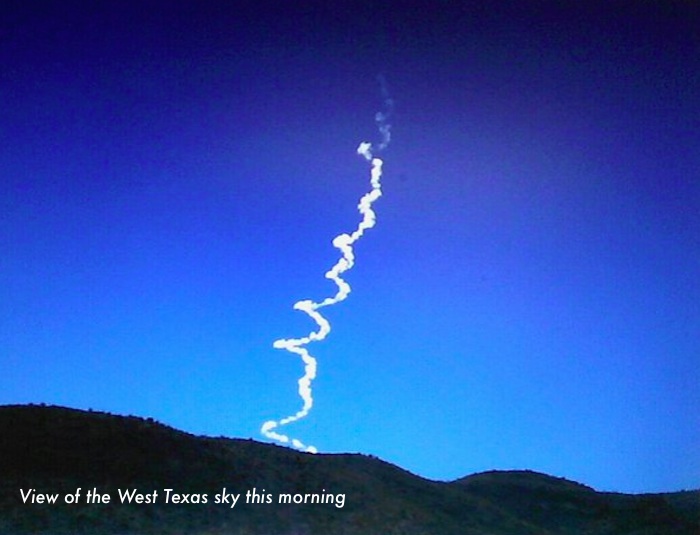
Quelle: Blue Origin /Quartz
4166 Views
